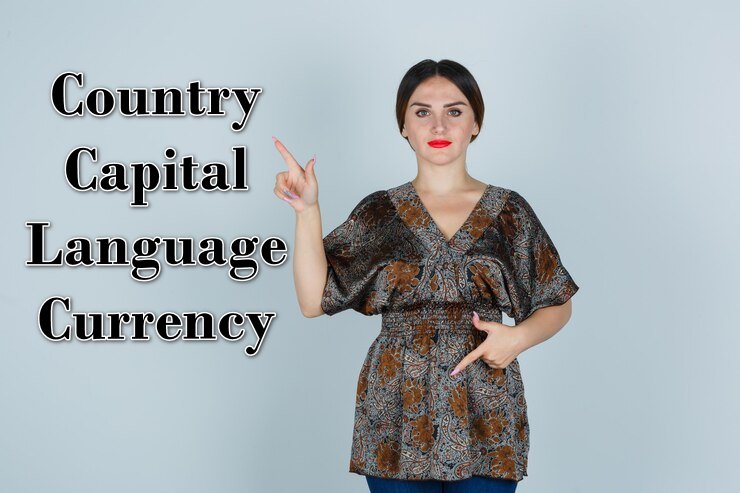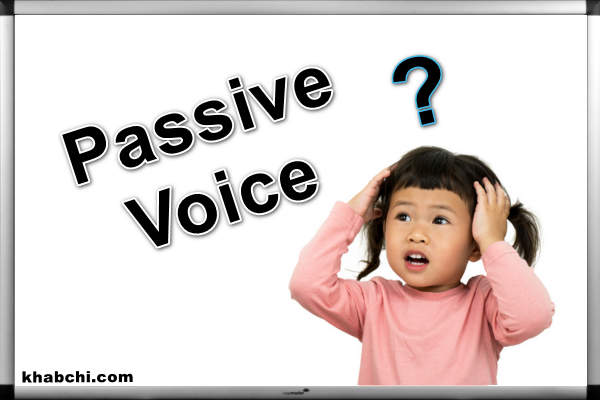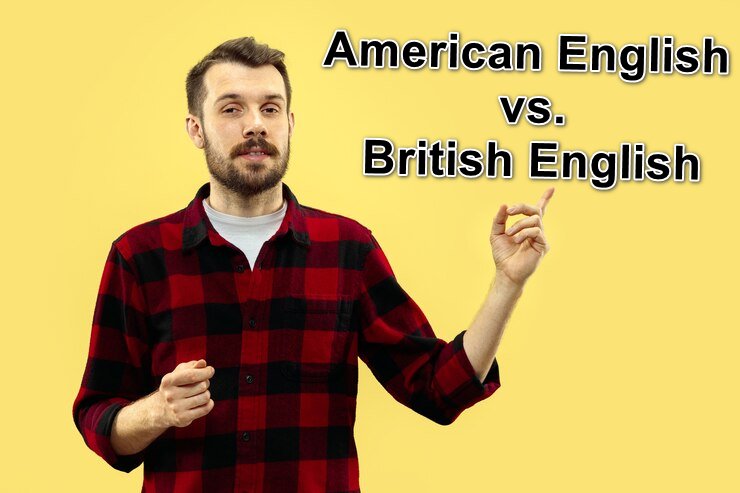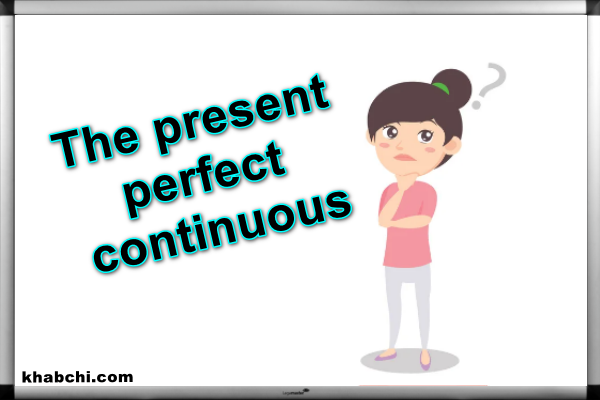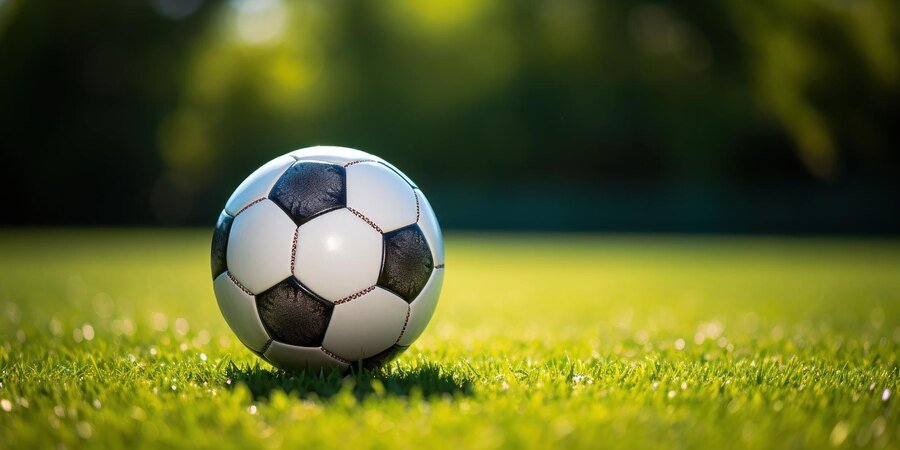
The conditionals in grammar are a set of structures that allow speakers to express hypothetical situations, possibilities, and consequences. There are four main types of conditionals, each with a different structure and meaning. In this article, we will discuss each type of conditional in detail, with examples for each.
Zero Conditional
The zero conditional expresses a general truth or a fact that is always true. It is formed by using the present simple in both clauses. Here’s an example:
If you heat water to 100 degrees Celsius, it boils.
In this sentence, the if clause expresses the condition (heating water to 100 degrees Celsius), and the main clause expresses the result (the water boils). This sentence expresses a fact that is always true, regardless of the circumstances.
First Conditional
The first conditional expresses a future possibility or a likely outcome. It is formed by using the present simple in the if clause and the future simple (will + base form) in the main clause. Here’s an example:
If it rains tomorrow, I will stay at home.
In this sentence, the if clause expresses the condition (rain tomorrow), and the main clause expresses the result (staying at home). This sentence expresses a future possibility (rain) and the likely outcome (staying at home).
Second Conditional
The second conditional expresses a hypothetical situation or an unlikely possibility. It is formed by using the past simple in the if clause and the conditional (would + base form) in the main clause. Here’s an example:
If I won the lottery, I would buy a house.
In this sentence, the if clause expresses the hypothetical situation (winning the lottery), and the main clause expresses the unlikely possibility (buying a house). This sentence does not express a future possibility, but a hypothetical situation that is unlikely to happen.
Third Conditional
The third conditional expresses a hypothetical situation that is already known to be impossible or unreal. It is formed by using the past perfect in the if clause and the conditional perfect (would have + past participle) in the main clause. Here’s an example:
If I had studied harder, I would have passed the exam.
In this sentence, the if clause expresses the hypothetical situation (studying harder), and the main clause expresses the consequence (passing the exam). However, this sentence also implies that the speaker did not pass the exam because they did not study harder.
Mixed Conditionals
Mixed conditionals combine different tenses in the if and main clauses to express hypothetical situations based on past events but have present or future consequences. Here’s an example:
If I had taken that job, I would be living in Paris now.
In this sentence, the if clause expresses the hypothetical situation (taking the job), and the main clause expresses the present consequence (living in Paris). This sentence combines the third conditional (had taken) with the second conditional (would be living) to express a hypothetical situation based on a past event that has a present consequence.
In conclusion, the conditionals in grammar are essential structures for expressing hypothetical situations, possibilities, and consequences. The zero conditional expresses general truths, the first conditional expresses future possibilities, the second conditional expresses hypothetical situations or unlikely possibilities, and the third conditional expresses impossible or unreal situations. Mixed conditionals combine different tenses to express hypothetical situations based on past events but have present or future consequences. By understanding and using these different types of conditionals, we can communicate more effectively and express a wide range of ideas and concepts in English.

